The buzzword of the first Trump administration was “Great Power Competition.” That was also a lie.
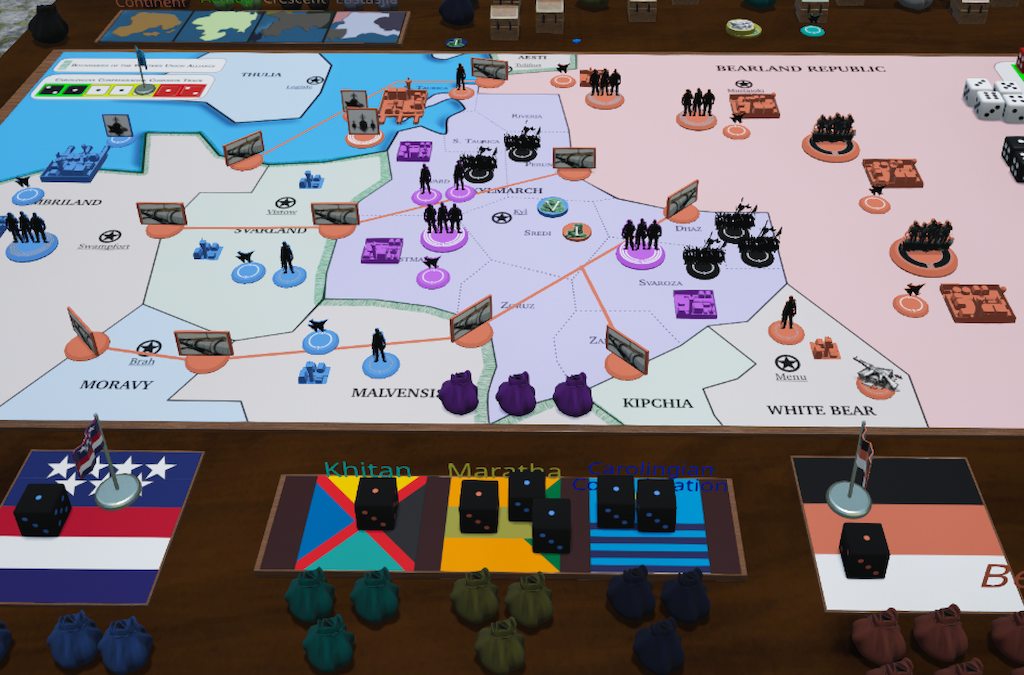

The buzzword of the first Trump administration was “Great Power Competition.” That was also a lie.
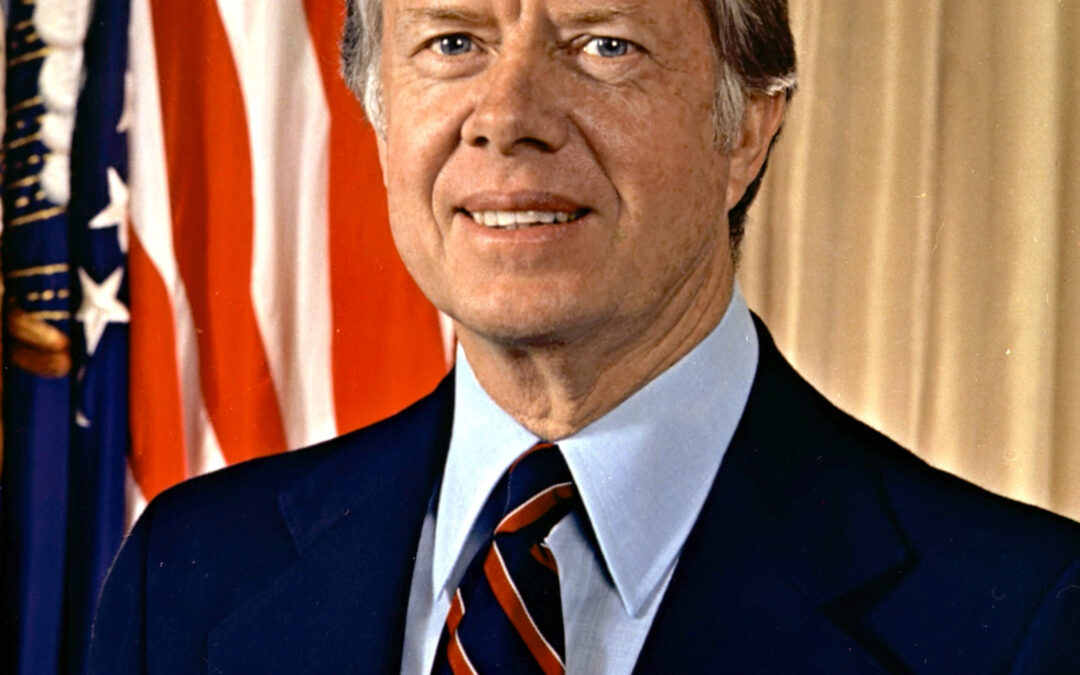
US President Jimmy Carter's funeral is being held today in Washington, DC at the National Cathedral. Since he passed away shortly after Christmas, tributes have abounded about a man once derided as...

Amid the annual deluge of end-of-year lists, I started to think about what readings generated the best classroom discussions I have overseen in the past calendar year. That list of readings is...

As someone who studies terrorism and religion, I approach each Christmas with dread due to the possibility of terrorist attacks around the holiday. A string of bombings hit churches in Indonesia and...

Labour MP David Lammy has a new piece in Foreign Affairs called, “The Case for Progressive Realism.” Where his manifesto is punchiest is in its unsparing critiques of British foreign policy: the Conservative Party has, over 14 years…sank deeply into nostalgia and denial about the United Kingdom’s...

Even though the school year is ending, protests against Israel--most prominent on college campuses--will likely continue. Beginning at Columbia University, they gained attention and spread after a heavy-handed police response. Prompted by the Israeli attack on Gaza (retaliation for Hamas' attack...
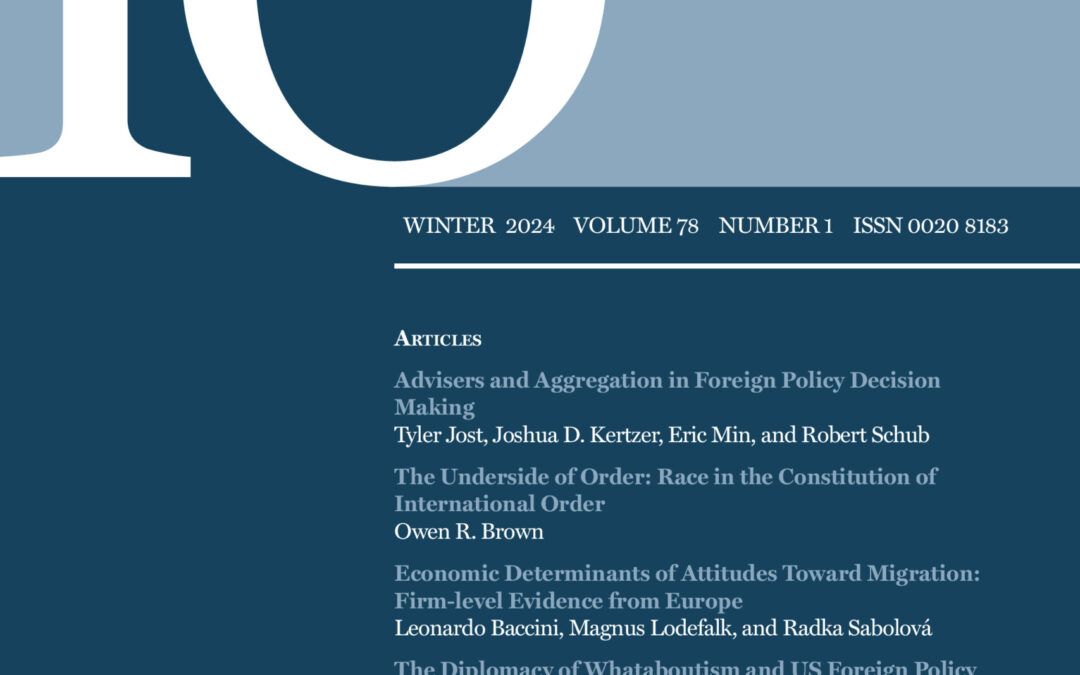
Does Whataboutism work? A new article has answers.

This is the fifth in our series of remembrances on the late Susan Sell. There was a terrific gathering at ISA 2024 where friends and colleagues gathered to remember Susan's wit, her contributions to the discipline, and her career-long efforts to challenge orthodox thinking and staid hierarchies. I...
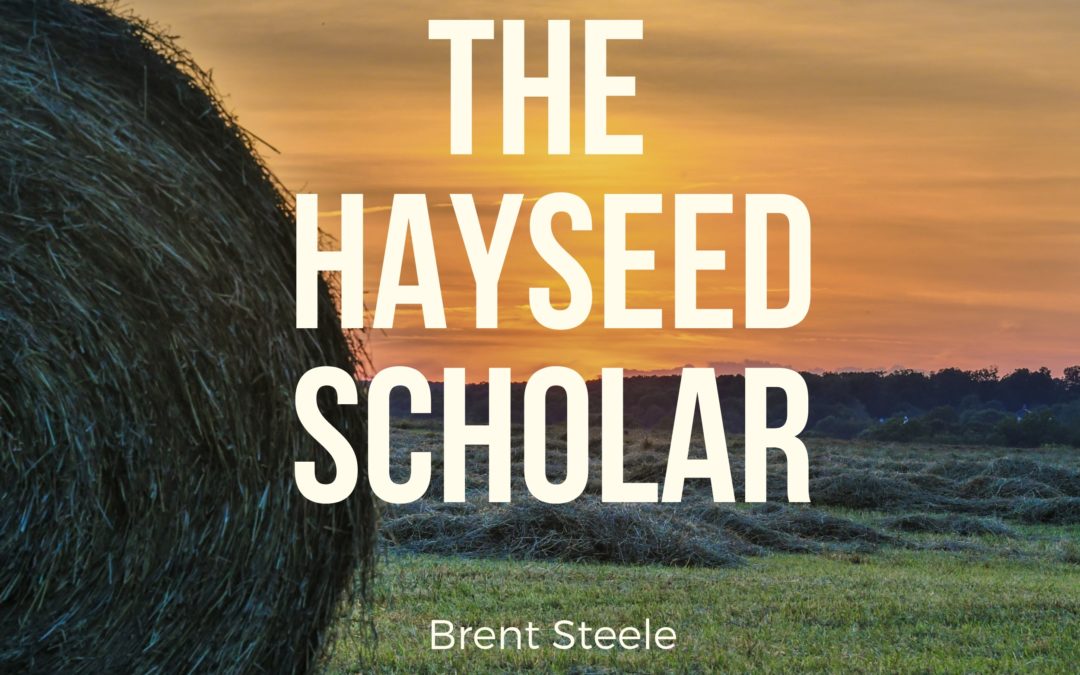
Professor Sebastian Kaempf of the University of Queensland joins the Hayseed Scholar podcast this week. Seb grew up in Germany, with the fall of the Berlin Wall happening when he was entering his teenage years. While it had a big impact on him, he distinctly remembers his parents’ emotional...
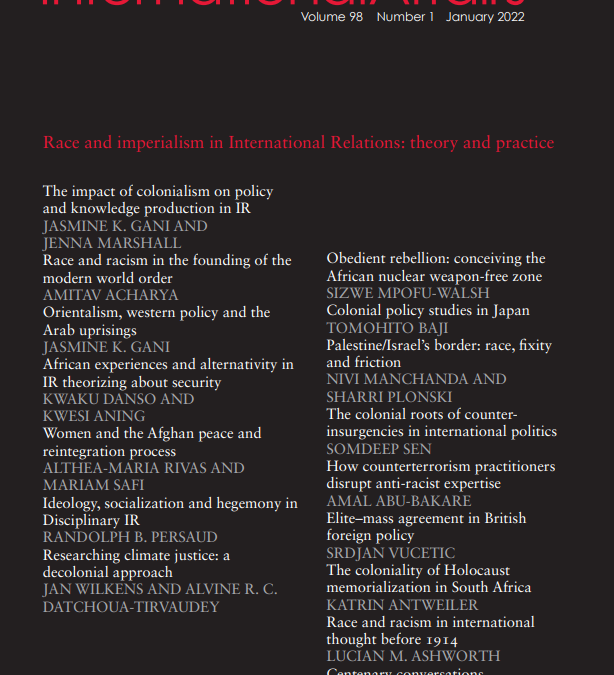
THe short-term contributions of the Special Issue have been worthwhile, but there remains a continued concern and challenge that with greater attention paid to race and imperialism in IR, these issues will become co-opted into the game of academic production, sanitised as intellectual curiosities, instead of being treated as matters of life and death that need to be opposed practically and not just on paper.

International institutional policy, shaped by a globally entrenched explanatory framework of development and underdevelopment, perpetuates the suppression of knowledge production aimed at challenging social, economic, and political injustices by elites across the global South

Intra-elite, state-centric society is a strategic front, and ought to be defended and put to use in the continued development of a global and decolonial turn in IR.

The special issue’s concerns could easily be a passing ‘fad’ as the forces of the status quo bide their time. A focal point on race, necessary as it is, could elide class and material factors’ influence on world politics.

There is no shortage of knowledge produced in various traditions and diverse scholarly communities. There is no lack of theoretical traditions and political thought that come from non-Euro-American and mainstream canons. There is also no shortage in theoretical concepts and approaches to global politics that are not produced in Anglophone spaces. Rather, there is still in mainstream IR a major problem of literacy to access, integrate, and dialogue with this wealth of IR scholarship produced in and from the margins

Even when Latin Americans are allowed to speak, IR scholars and practitioners do not listen to them due to the language in which they produce knowledge, epistemic violence and access barriers.

Decolonial methods, and the bringing of attention to race in knowledge production is necessarily historical. It demands a close re-reading of archives, forgotten texts, and sometimes “canonical” works. As a result, through this special issue and the wider work the authors build upon, we now have a very different understanding of the historical entanglements of race and international affairs knowledge.